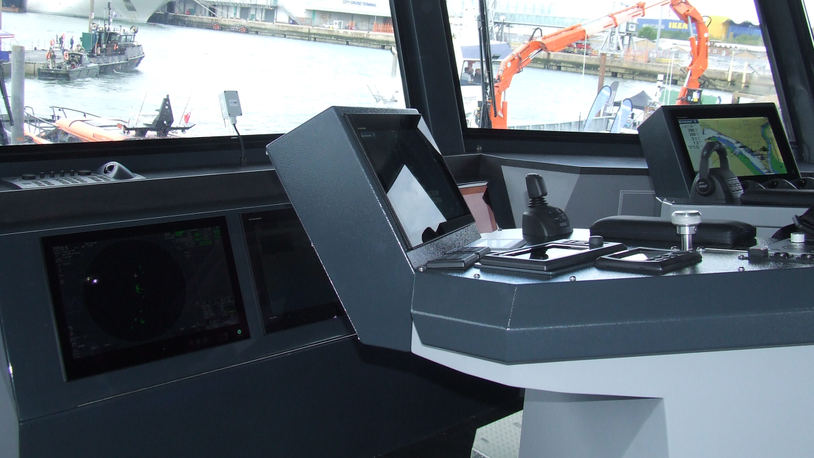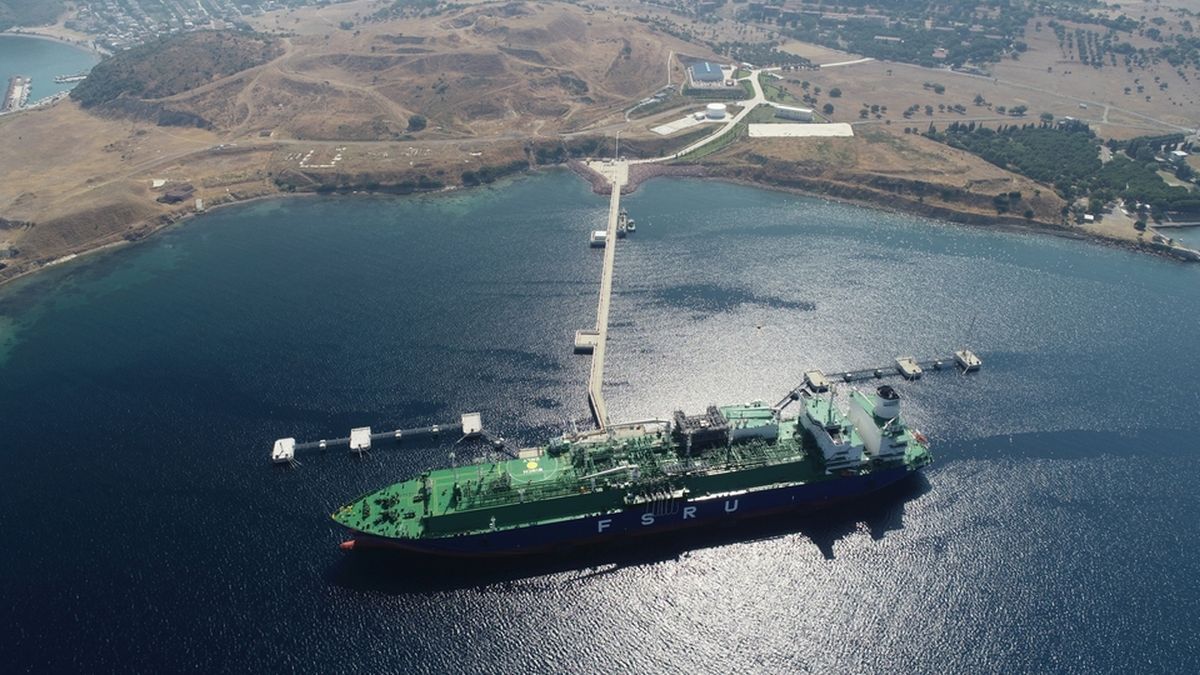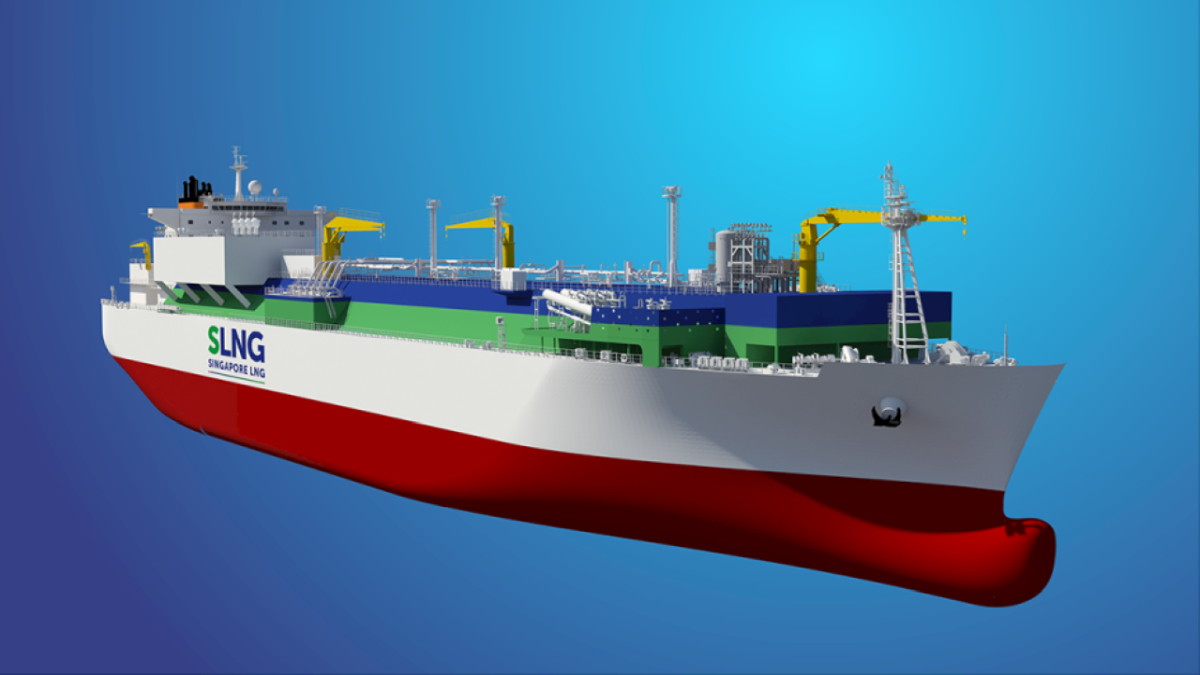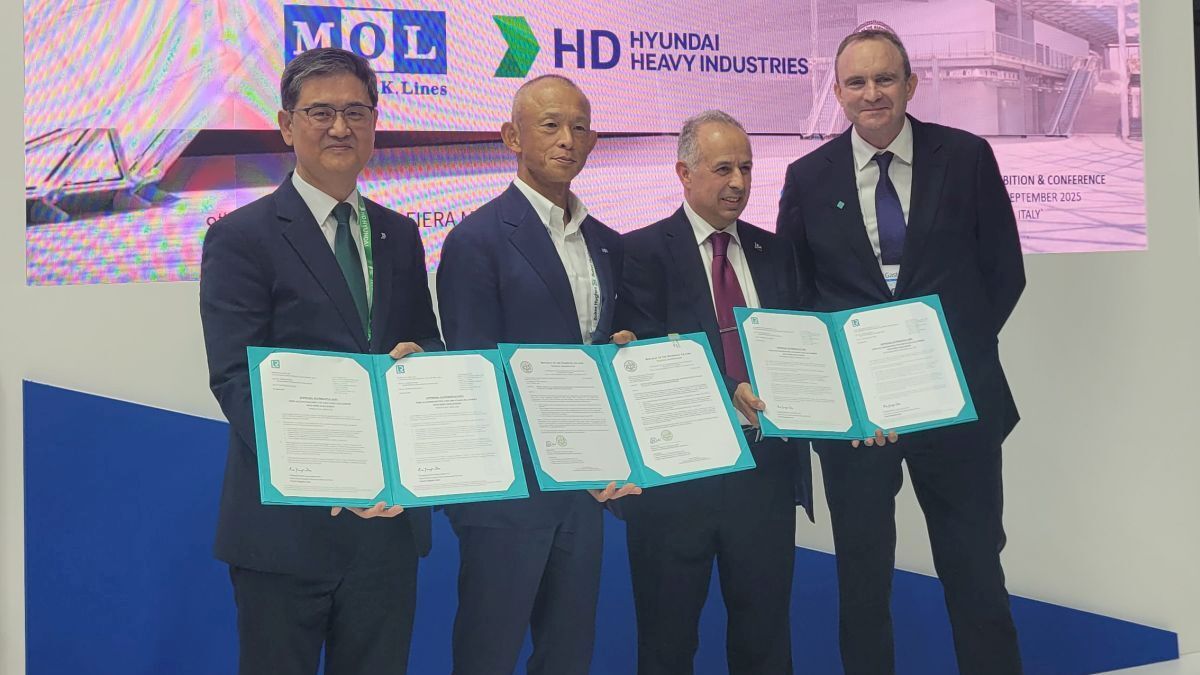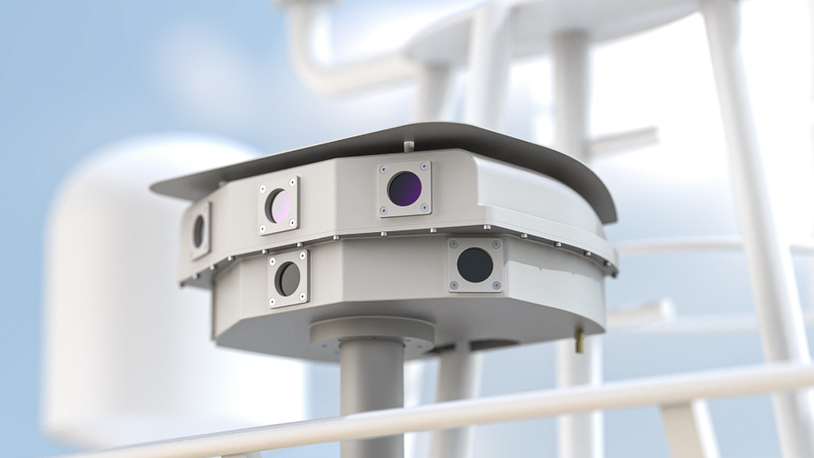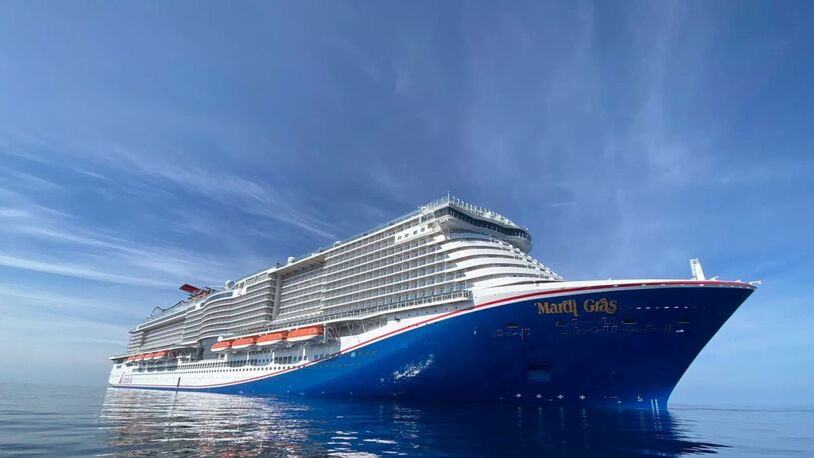Business Sectors
Contents
Design e-navigation for the navigators
Manufacturers should take a human-centric approach to developing the next generation of bridge technology
Bridge system manufacturers need to redesign equipment with a human-centric approach, minimising alerts to prevent alarm fatigue causing navigation accidents. This is vital as further developments in e-navigation will involve more advanced computers producing extra bridge alarms.
InterManager secretary general Captain Kuba Szymanski says seafarers need to be considered when developing e-navigation technology.
“It is important that we take a human-centric approach to this and find solutions that benefit our crews in the workplace rather than hinder them when carrying out vital tasks,” he explains.
Capt Szymanski wants action to be taken to address seafarers’ concerns about the high number of alarms they still need to manage on the bridge. He called on manufacturers to work with ship operators and crew representatives to identify which alarms are problematic and to produce more effective methods of alerting crew.
This comes after an industry survey identified 66% of seafarers think alarms are not easily detectable and 89% of participants thought false alarms were a problem.
“50% of our seafarers are frustrated by frequent alarms"
“Look at the findings,” says Capt Szymanski. “50% of our seafarers are frustrated by frequent alarms and 77% want alarms to be useful and not a nuisance.” Crew do not want to be disturbed from their watchkeeping duties by unnecessary alarms, although they do want to be alerted to any critical issues.
“They are extremely busy people, because we ask them to be ‘jacks’ of many trades,” says Capt Szymanski. “Therefore, in my opinion, quite rightly they expect alarms to be useful and effective.”
He wants manufacturers to develop better ways of communicating bridge warnings because there are too many similar sounding alarms. Alarms should be easily identifiable so urgent warnings can be recognised over simple notification bells.
The survey was conducted by Shipowners’ Club with the Department of Psychology at Royal Holloway, University of London, ISWAN, UK Chamber of Shipping and InterManager. It investigated whether alarms on the bridge affect the attention and focus of bridge watchkeepers.
Shipowners’ Club highlights the need for more technology familiarisation training for crew. “As vessels and the equipment on board become increasingly smarter, seafarers are required to learn additional skills for the ongoing operation and maintenance of technology and equipment,” says the P&I club. “When fitting additional and new technology on board it should always be done to enhance the seafarer’s ability to safely and efficiently navigate and operate the vessel.”
The regulations and guidelines concerning the performance and design of bridge systems also needs to be reviewed.
“It is evident from the feedback of these seafarers that the current regulations and arrangements relating to bridge alarm monitoring and systems can be improved,” says Shipowners’ Club. “This will allow crew to fully utilise the benefits of the technology being made available to them. Doing so will improve the working environment of seafarers and may assist with reducing related claims experienced by the wider maritime industry.”
Another issue that emerged was the crew’s readiness to silence alarms without investigation due to alarm fatigue caused by repeated alarms soundings for no apparent reason. 45% of the respondents agreed that frequent alarms are often silenced in this way, although 85% of participants reported they were aware of the alarms, the systems they represent and their location.
Key survey findings
- 89% thought false alarms were a problem.
- 66% said alarms were not easily detectable.
- 57% disagreed that alarms are graded by sound.
- 50% reported some frustration with the format of alarms.
- 77% do not want to be disturbed from watchkeeping duties.
- 24% reported they seldom engaged the Bridge Navigational Watch Alarm System because of concerns of frequent false alarms.
Related to this Story
Events
Maritime & Offshore Community Golf Day 2025
Offshore Wind Webinar Week
Maritime Decarbonisation, Europe: Conference, Awards & Exhibition 2025
Offshore Support Journal Conference, Americas 2025
© 2024 Riviera Maritime Media Ltd.



